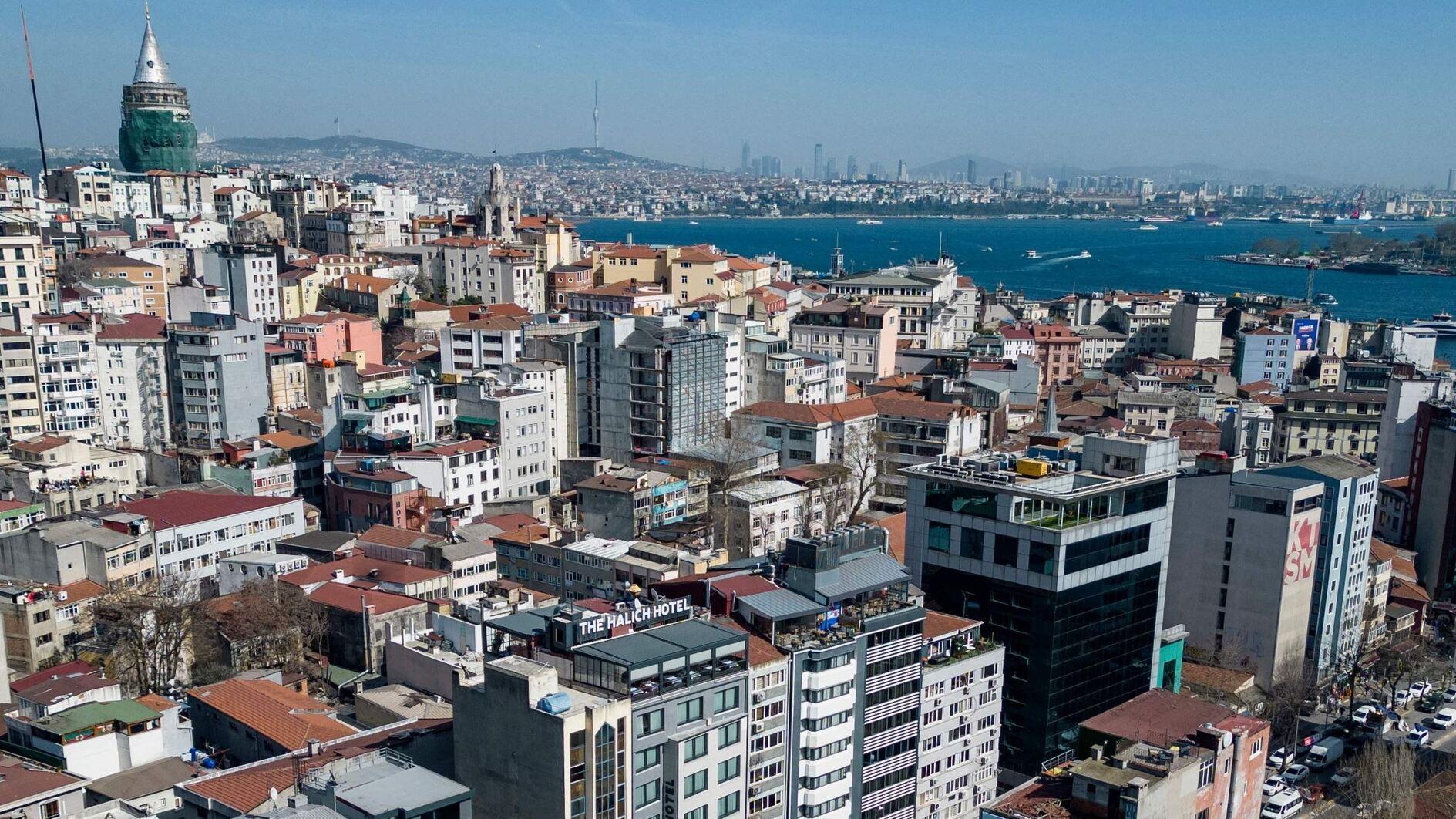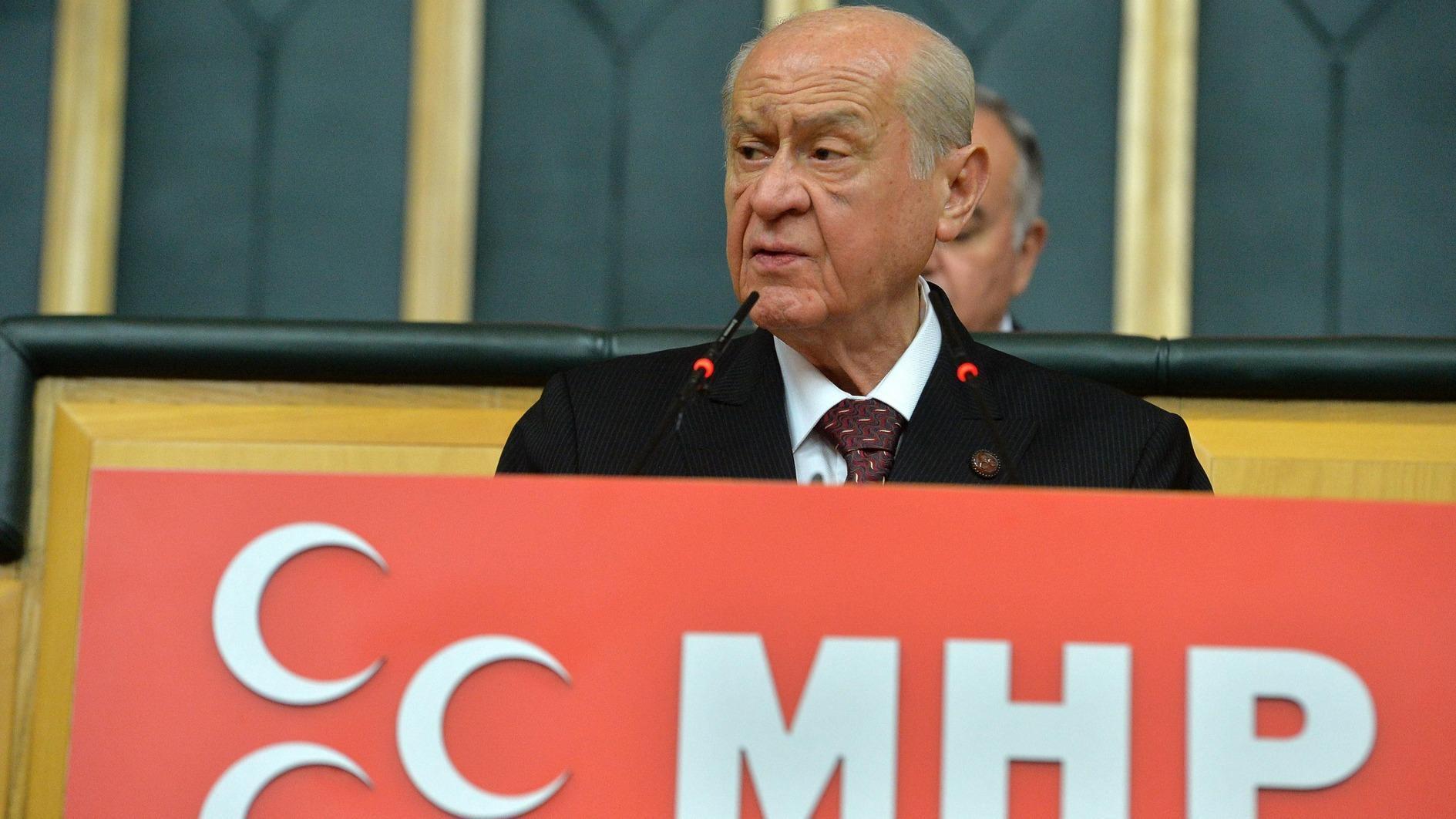Thoughts after a taxi drive in Greece
“He should have been hanged in Syntagma Square, in Athens. But, unfortunately, the death penalty has been abolished in Greece!” said the hyper taxi driver who was driving us back to Athens from the port of Astakos, just across the Ionian Sea islands of Lefkas, Kephalonia and Ithaki, in the western part of Greece.
I was one of the three passengers who were sharing the taxi which served as a useful dolmuş; it helped both the islanders who arrived every midday by the local ferry but also the residents of Astakos and numerous surrounding villages bypass the arduous journey by bus and the frustrating task of finding an Athens taxi from a crowded central bus station.
Our driver was driving one of the five local taxis which have been making the journey from Astakos to Athens and back for the last two years. It became a life-saving solution for many people like our second passenger, an 86-year-old pensioner from a nearby village who was hurrying to catch a serious doctor’s appointment in Athens. If you were able to pay the fee of 40 euros, per person, the taxi would deliver you or pick you up from your desired address in Athens!
Greek taxis are like a mobile ancient agora. You can never escape political talk. My driver was a perfect case: In his mid-20s, ready for any fight, a heavy smoker, a constant talker on his mobile, was defying every driving rule, like seat belts, overtaking, the speed limit, listening to the loudest possible local radio. While near one of the newly inaugurated parts of the Patras-Athens motorway, he called one of his friends to inform that he is passing through a tunnel where Greek Prime Minister Alexis “Tsipras –that j…- had cut the ribbon” a month ago.
I could not resist the obvious question: “Why do you call the prime minister a ‘j…?’” To which the driver responded with the phrase in the beginning of my article.
In spite of his young age, his political hero, he said, was George Papadopoulos – the leader of the notorious military Greek Junta who ruled the country during 1967-1974.
For our driver “all the politicians are scum and dirt.”
It did not take me long to realize that I was talking to a typical follower of the ultra-right Golden Dawn. During last September’s elections, one of the 18 deputies elected under the flag of the Golden Dawn came from a village near Astakos and his immunity saved him from arrest last August for beating up a policeman.
I was not surprised by the aggression of our driver. With Golden Dawn keeping its core followers around 6-7 percent throughout the six years of economic crisis, one can only expect them to feel more self-confident as the crisis continues.
But what took me by surprise during that four-hour drive to Athens was the reaction of the old pensioner. In spite of his age and frailty, he was very lucid on his analysis of contemporary Greek politics.
“It is good for politicians to build roads and to cut ribbons. But politicians cannot cut the pensions of old people; they cannot cut the bread of poor people. When Papadopoulos was around there was more money, more jobs and pensions were steady.”
During my one month stay in Greece, I could not fail but notice widespread frustration/anger against the Syriza-led leftist government‘s performance since last September’s general elections. Although Greece managed last year to stay afloat with a new bail-out agreement, this is released in tranches on condition of even more painful austerity. Taxation has become even heavier and with a flat VAT of 24 percent, the tourists who came this year did not spend as much as they did last year. Since the beginning of the crisis in 2010, pensions in Greece generally have been reduced by 23-53 percent; civil servants have seen their pensions reduced by 35-55 percent. Pensions are a never-ending nightmare; the IMF team – currently in Greece for a new round of negotiations - thinks that “there should be further reduction of pensions and a new mathematical formula should be applied for social benefits.”
It is no wonder that Syriza seems to be losing blood now, as it is very difficult to continue projecting its image of a “leftist and caring for the poor” movement. Last week several opinion polls showed a steady trend in favor of the center-right main opposition New Democracy, although the new leader, Kyriakos Mitsotakis, does not seem to have persuaded the electorate that he can offer a credible alternative. Golden Dawn and the Greek Communist Party maintain their third and fourth place.
Will Tsipras’ charisma take him through the current new tough negotiations? Will he manage with the refugee/migrant crisis remaining at Greece’s doorstep against an unwilling and divided Europe? If not, citizens like our driver from Astakos, who also, hated all the foreigners, may increase.
And, by the way, in case you were wondering. The fourth passenger in the taxi was a Turk, but I made sure that our driver never found out.











